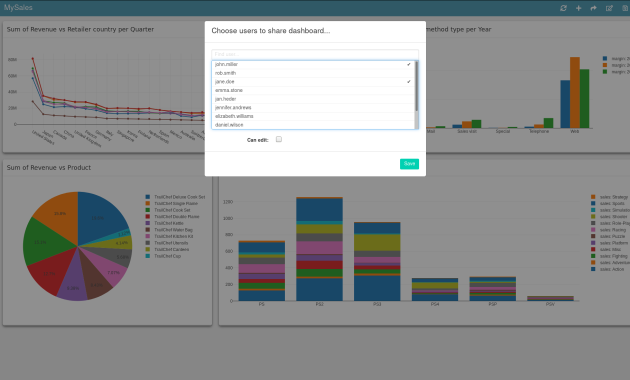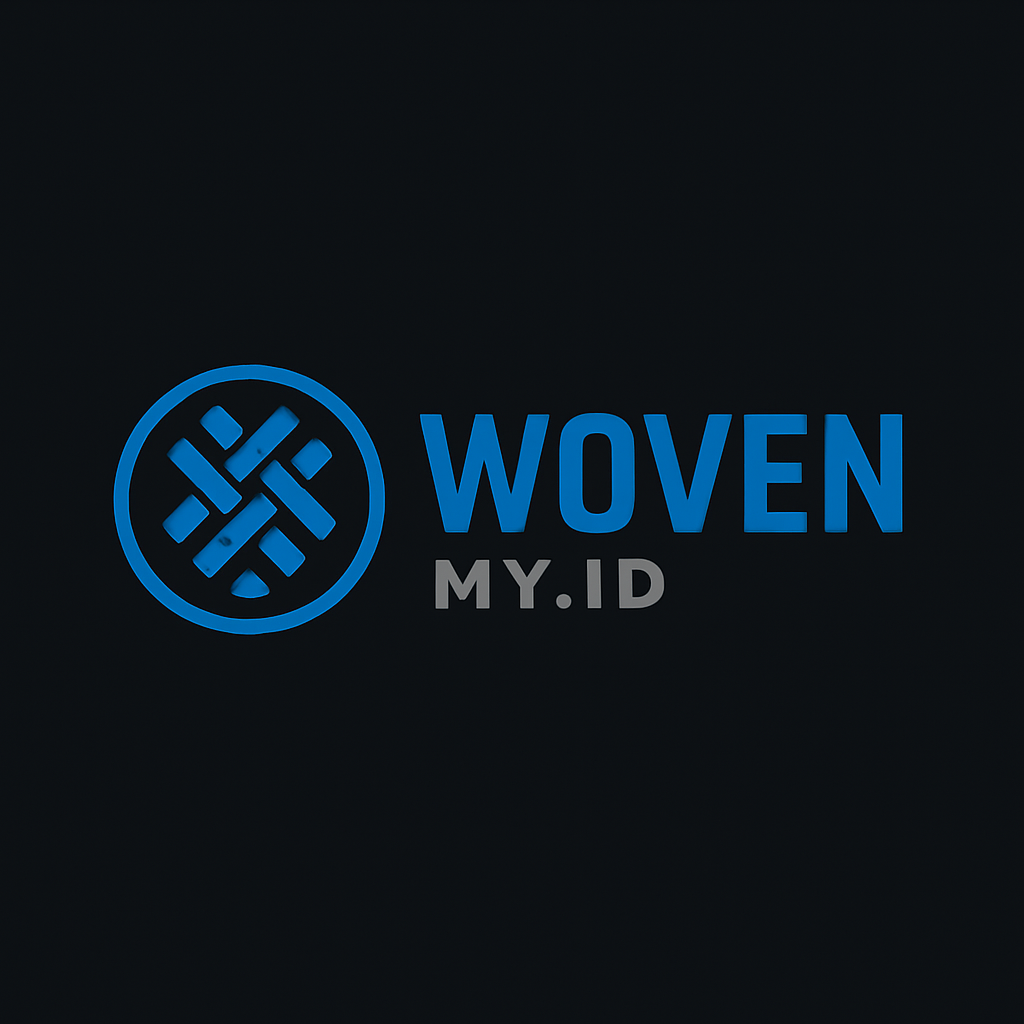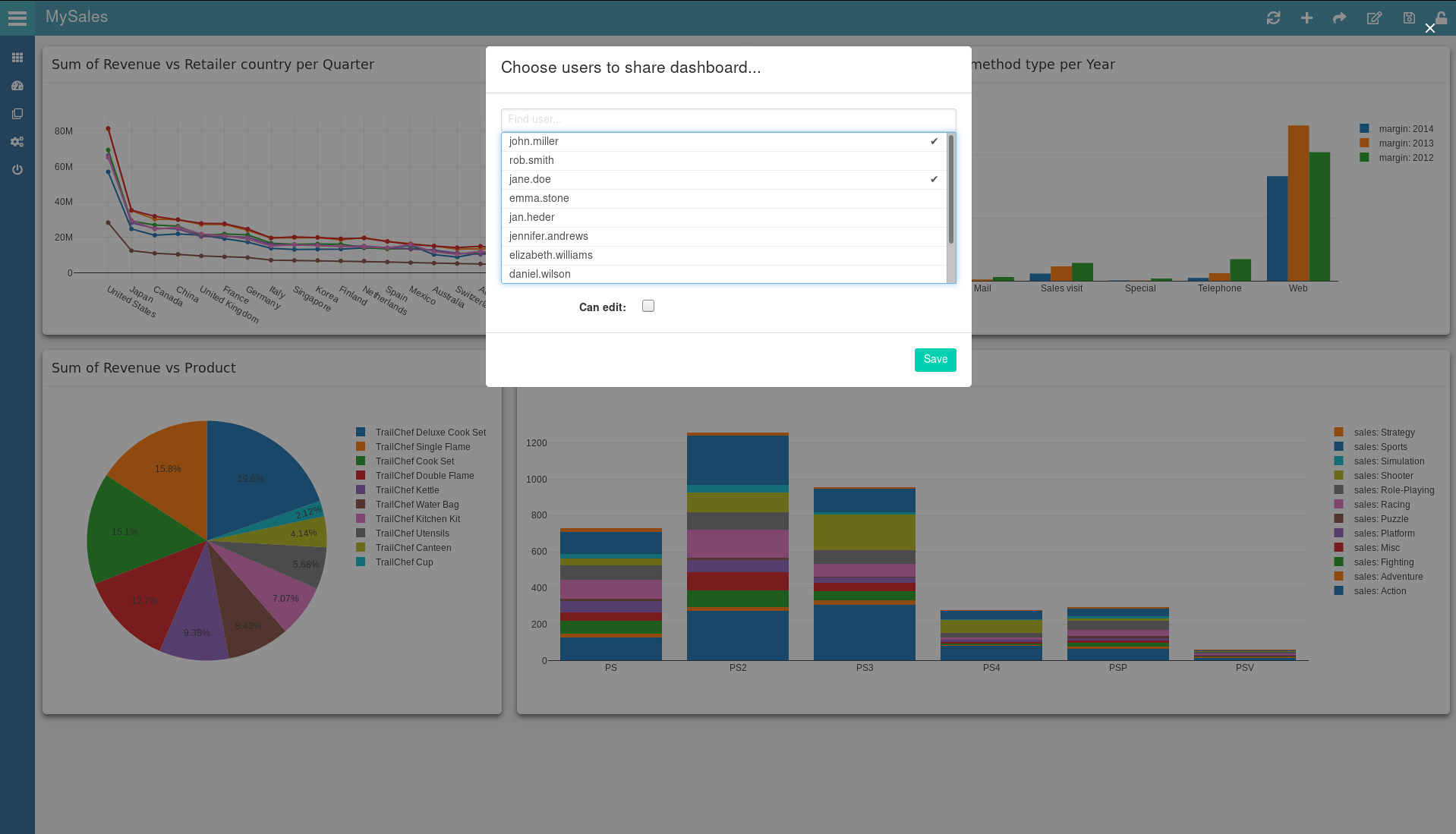
Win with Data: How Self-Service Business Intelligence Software Empowers Your Business
In today’s fast-paced business environment, data is king. Companies are drowning in information, but often struggle to extract meaningful insights. This is where self-service business intelligence (BI) software comes into play. It empowers users to analyze data, make informed decisions, and ultimately, win with data. This article explores the power of self-service BI, its benefits, and how it can transform your organization.
The Rise of Data-Driven Decision Making
The shift towards data-driven decision-making is undeniable. Businesses that leverage data effectively gain a significant competitive advantage. They can identify trends, optimize operations, and anticipate customer needs. This proactive approach allows for agility and responsiveness in a dynamic market. Traditional BI methods often involved IT departments and complex reporting processes, which were time-consuming and limited access. Self-service BI software democratizes data access, putting the power of analysis directly into the hands of business users.
What is Self-Service Business Intelligence Software?
Self-service business intelligence software is designed to be user-friendly. It allows business users, regardless of their technical expertise, to access, analyze, and visualize data. Key features include:
- Intuitive Interface: Easy-to-use dashboards and drag-and-drop functionality.
- Data Connectivity: Ability to connect to various data sources, including databases, spreadsheets, and cloud services.
- Data Visualization: Tools to create charts, graphs, and reports.
- Data Analysis: Capabilities for filtering, sorting, and performing calculations.
- Data Sharing: Options to share insights with colleagues and stakeholders.
These features enable users to explore data, identify patterns, and uncover valuable insights. This empowers them to make data-informed decisions in their respective roles.
Benefits of Using Self-Service BI Software
Implementing self-service BI software offers a multitude of benefits, including:
Improved Decision-Making
Self-service BI provides real-time data and actionable insights. This enables faster and more informed decision-making across all departments. Decisions are based on facts, not assumptions. This leads to better outcomes and improved business performance. You can win with data by acting on these insights.
Increased Efficiency
By empowering business users, self-service BI reduces the reliance on IT departments. Users can generate their own reports and analyses. This frees up IT resources to focus on more strategic initiatives. This streamlined process improves overall efficiency.
Enhanced Collaboration
Self-service BI facilitates collaboration by providing a common platform for data sharing. Teams can easily access and share insights. This promotes a data-driven culture and improves communication. This collaborative environment fosters innovation and better teamwork.
Cost Savings
While there’s an initial investment, self-service BI can lead to significant cost savings. Reduced reliance on IT, improved efficiency, and better decision-making all contribute to cost reductions. These savings can be reinvested in other areas of the business. It’s a smart investment to win with data.
Better Customer Understanding
Self-service BI allows businesses to gain a deeper understanding of their customers. By analyzing customer data, you can identify trends and preferences. This leads to more effective marketing campaigns and improved customer satisfaction. Understanding your customers is key to winning in the market.
Key Features to Look for in Self-Service BI Software
When choosing self-service BI software, consider these key features:
Ease of Use
The software should have an intuitive interface and drag-and-drop functionality. This makes it easy for users to learn and use. The goal is to empower everyone to win with data.
Data Connectivity
The software should be able to connect to various data sources. This ensures that you can access all your data. Integration with existing systems is crucial for effective analysis.
Data Visualization
The software should offer a wide range of data visualization options. This allows you to present data in a clear and concise manner. Effective visualizations are critical for understanding data.
Data Security
Data security is paramount. Choose software with robust security features to protect your data. Ensure compliance with relevant regulations.
Scalability
The software should be able to handle growing data volumes and user needs. Choose a solution that can scale with your business. This ensures long-term viability.
Mobile Accessibility
Access to data on the go is essential in today’s world. Ensure the software offers mobile accessibility. This allows users to stay informed and make decisions from anywhere.
Implementing Self-Service BI: Best Practices
Successfully implementing self-service BI requires careful planning and execution. Consider these best practices:
Define Your Goals
Clearly define your business goals and objectives. Identify the key performance indicators (KPIs) you want to track. This will guide your data analysis efforts. Setting clear goals helps you win with data.
Choose the Right Software
Evaluate different self-service BI software options. Select the software that best meets your needs and budget. Consider factors such as ease of use, features, and data connectivity.
Provide Training
Provide adequate training to your employees on how to use the software. This will ensure they can effectively utilize its features. User training is critical for adoption.
Establish Data Governance
Implement data governance policies to ensure data quality and consistency. This will build trust in your data. Data governance is essential for reliable insights.
Foster a Data-Driven Culture
Encourage a data-driven culture throughout your organization. Promote the use of data for decision-making. Recognize and reward data-driven achievements. This will help you win with data as an organization.
Examples of Self-Service BI in Action
Self-service BI is being used across various industries. Here are some examples:
Retail
Retailers use self-service BI to analyze sales data. They identify trends, optimize inventory, and personalize customer experiences. This allows them to win with data by improving sales.
Healthcare
Healthcare providers use self-service BI to analyze patient data. They improve patient outcomes, optimize resource allocation, and reduce costs. This helps them win with data and improve patient care.
Finance
Financial institutions use self-service BI to analyze financial data. They identify risks, detect fraud, and improve customer service. This helps them win with data by protecting assets.
The Future of Self-Service BI
Self-service BI is constantly evolving. Key trends include:
- Artificial Intelligence (AI) and Machine Learning (ML) Integration: AI and ML are being integrated into BI platforms. This automates data analysis and provides predictive insights.
- Cloud-Based Solutions: Cloud-based BI solutions offer greater flexibility and scalability. They also reduce IT infrastructure costs.
- Enhanced Data Visualization: Advanced data visualization tools are making it easier to understand complex data. This improves data storytelling.
- Increased Focus on Data Literacy: Businesses are investing in data literacy training. This empowers employees to make better use of data.
These trends will further enhance the capabilities of self-service BI. This enables businesses to win with data more effectively.
Conclusion: Embrace the Power of Self-Service BI
Self-service business intelligence software is a powerful tool. It empowers businesses to make data-driven decisions and gain a competitive edge. By embracing self-service BI, you can unlock the full potential of your data and win with data. Start your journey today and transform your business.
[See also: The Importance of Data Visualization in Business]
[See also: How to Choose the Right BI Tool for Your Company]
[See also: Data Governance Best Practices]
Self-service BI is a powerful tool. It allows businesses to transform data into actionable insights. This helps them make better decisions. It improves overall business performance. To truly win with data, you must embrace this technology.

